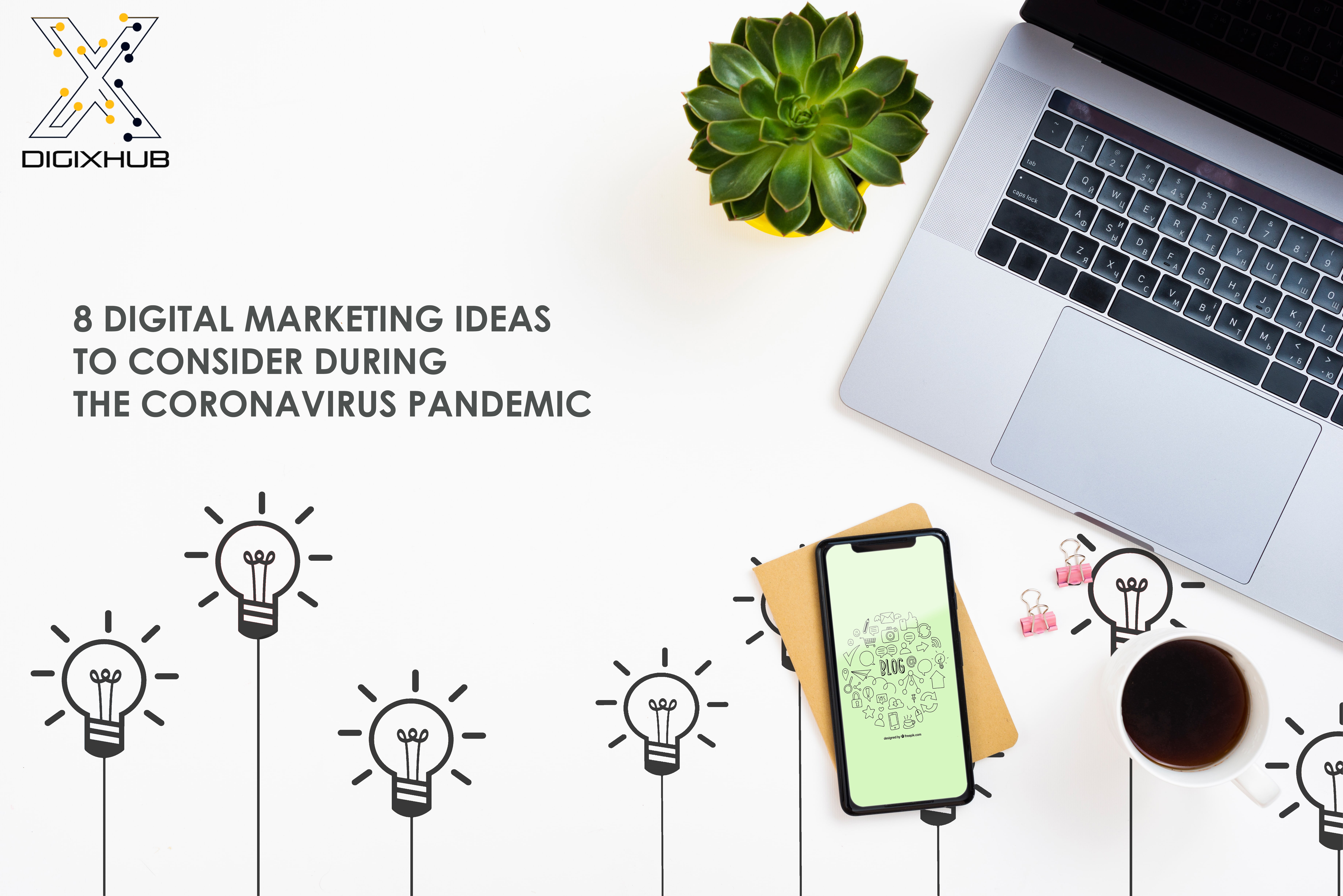In the digital era, online marketing has become a crucial aspect of any business's growth and success. When it comes to promoting your brand and driving traffic to your website, two popular strategies stand out: Search Engine Optimization (SEO) and Pay-Per-Click (PPC) advertising. Both methods have their strengths and weaknesses, making it essential to understand their differences and choose the right strategy for your specific marketing goals. This article aims to explore the intricacies of SEO and PPC, helping you make an informed decision for your online marketing campaigns.
Understanding SEO
What is SEO?
Search Engine Optimization (SEO) is the practice of improving your website's visibility and ranking in organic search engine results. It involves optimizing various elements of your site, such as content, meta tags, and site architecture, to make it more appealing to search engines like Google, Bing, and Yahoo. By implementing SEO best practices, you can increase the chances of your website appearing on the first page of search results, driving organic traffic and generating leads.The Benefits of SEO
SEO offers several advantages that make it an attractive strategy for online marketing:- Cost-effectiveness: While SEO requires an investment of time and effort, the long-term benefits can outweigh the initial costs.
- Increased visibility: Ranking higher in organic search results enhances your brand's visibility and credibility.
- Targeted traffic: SEO enables you to attract relevant visitors who are actively searching for the products or services you offer.
- Long-term results: Unlike PPC, which stops delivering traffic once the budget is exhausted, SEO efforts can continue to yield results over time.
Understanding PPC
What is PPC?
Pay-Per-Click (PPC) advertising is a model where advertisers pay a fee each time their ad is clicked. It involves creating and running ads on search engines or social media platforms, targeting specific keywords or audience demographics. The most common PPC platform is Google Ads, which allows businesses to display their ads on the search engine's results pages or partner websites.The Benefits of PPC
PPC offers distinct advantages that may align better with certain marketing goals:- Immediate results: Unlike SEO, PPC campaigns can generate instant traffic and visibility for your website.
- Precise targeting: PPC platforms provide advanced targeting options, allowing you to reach your desired audience accurately.
- Flexible budgeting: With PPC, you have full control over your budget and can set daily limits to manage your ad spend.
- Measurable ROI: PPC provides detailed analytics, enabling you to track conversions, clicks, and other key metrics to measure your return on investment.
